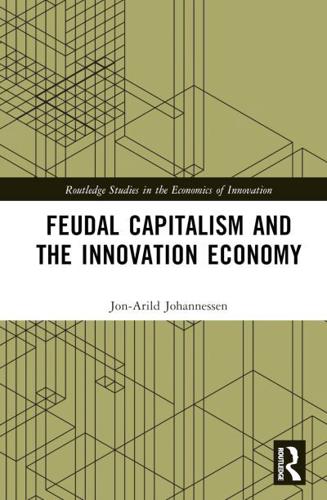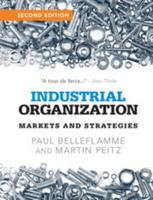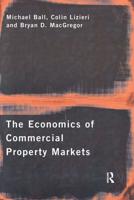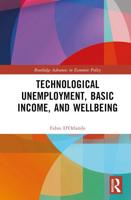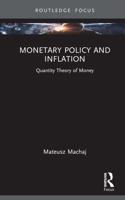Publisher's Synopsis
In feudal society, it was the few at the top who laid the ground for what was produced, how it was produced and how it was distributed. Freedom was restricted, and people were kept in their place by institutional structures. In capitalism, the focus is on free markets, free trade, and a personal freedom, where self-interest is assumed to lead to progress for the collective good. In today's world, there is a move towards algorithmic capitalism at the micro-level, platform capitalism at the meso-level, and feudal capitalism at the macro-level. This is the new and innovative concept developed in this book.
The author argues that feudal capitalism is distinct but linked to the innovation economy, and represents an interconnection between the organization of feudal society and central aspects of capitalism. Additionally, he asserts that the balance between feudal capitalism and a reinvented, sustainable capitalism based on the innovation economy, can help restore the moral compass lost in the evolution of global capitalism.
The key argument of the book is that even if we see a development towards feudal capitalism, a more just and moral capitalism can be restored through various social mechanisms such as changes in the institutional framework, the development of a balanced form of globalization and re-establishing social cohesion and equality of opportunity. Further, the book offers policy interventions to support this idea.
The book will find an audience among scholars and researchers of political economy, political theory, economic history, management, AI and ethics, philosophy and automation, inequality and equality of opportunity
